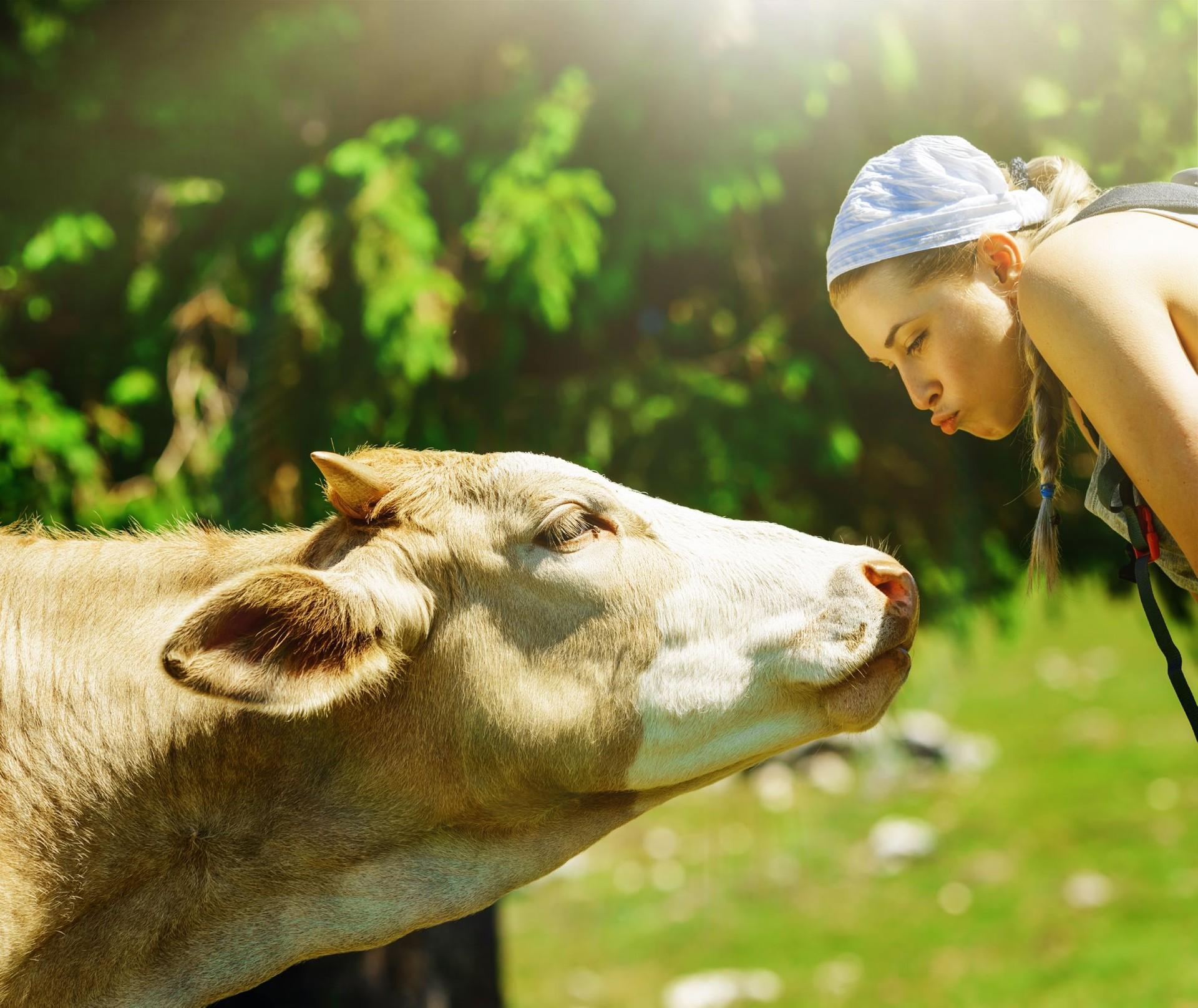
National Food Strategy
Will the UK Government finally acknowledge meat reduction in its Net Zero target?
The National Food Strategy is the first comprehensive review of the UK food system in 75 years. In 2019, the Government commissioned this independent report to assess how our current food system functions and identify how we can learn from and improve on the last 75 years of progress. As we exit a tumultuous 18 months of Brexit and COVID-19, we are left with the painful reality check that we must transform our current outdated food systems for the health of both the planet, and the general public.
In England, poor diet contributes to approximately 64,000 deaths every year, and costs the economy an estimated £74 billion. Our eating habits not only place a massive burden on the economy and the NHS, but are actively destroying the environment and thus our food security. The food we eat accounts for around a quarter of greenhouse gas emissions and is the leading cause of biodiversity destruction. The National Food Strategy aims to build on this evidence with a number of recommended reforms that set out how our diets will need to change over the next ten years in order to meet the Government’s existing targets on health, climate and nature.

By 2032, the National Food Strategy recommends fruit and vegetable consumption should increase by 30%, and meat consumption should reduce by 30%. These recommendations echo our own asks to reduce meat and animal products and replace them with healthier plant-based alternatives, and thus we commend this report on its bold and visionary approach to improving food systems. The strategy tackles various other areas in need of improvement, such as a call for the world’s first Sugar and Salt Reformulation Tax, with some of the money being used to expand free school meals and support the diets of those living in the most deprived neighbourhoods. It also calls for food education to be central to the national curriculum, which you can read more about in the report.
Where do FOUR PAWS come in?
We are the voice for farm animal welfare, and have identified the following objectives and recommendations from the strategy that we must promote to ensure the Government commits to these goals:
Objective 3: Make the best use of our land
Recommendation 8: Guarantee the budget for agricultural payments until at least 2029 to help farmers transition to more sustainable land use.
Under the new Environmental Land Management (ELM) scheme of agricultural payments, farmers will no longer receive payments for commercial activities, or simply for owning land, but for activities that contribute to the common good, one such activity being to promote animal welfare. Presently, the ELM budget only stretches to 2024 with no guidance on how the money will be distributed, so we must push for an extension on payments so farmers can be compensated when switching form conventional to more sustainable practices.
Recommendation 10: Define minimum standards for trade, and a mechanism for protecting them
By now, the words ‘Australia Trade Deal’ are a topic of daily contention here at FOUR PAWS. This deal has already been agreed by Government, despite a distinct lack of information regarding which standards will be protected, and how they will protect these.
The Government must draw up a list of core minimum standards which it will defend in any future trade deals and set out the mechanisms it intends to use to protect these standards. Otherwise, there is a serious risk that cheap imported food will undermine our own efforts to protect the environment and animal welfare, while undercutting the British farming sector.
Objective 4: Create a long-term shift in our food culture
Recommendation 11: Invest £1 billion in innovation to create a better food system.
Technological advancements allow scientists to research and development new ways in which we can improve national diet and develop sustainable farming practices through science. With dedicated resources, we could see ground-breaking measures such as methane-reducing additives for sheep and cattle, mitigating the greenhouse gas emissions associated with outdoor reared livestock. With £50 million set aside to establish sustainable AND tasty alternative proteins, we could launch the UK into a new global food industry centred around animal welfare and meat reduction for climate change.
Recommendation 14: Strengthen government procurement rules to ensure taxpayer money is spent on healthy and sustainable food.
The Government spends £2.4 billion every year buying food for schools, hospitals, the Armed Forces, prisons and government offices. However, the standard of food bought is shockingly poor, with no consideration for animal welfare and environmental impact. The standards do not even require hospitals to meet the NHS’s own nutritional guidelines! Currently, our taxpayer money is being spent on food that is illegal to produce in the UK, as this can be imported by Government if it poses “a significant decrease in costs”, in addition to products we would normally avoid in supermarkets such as caged eggs.
Our Make Food Kinder campaign pushes local authorities to improve their animal welfare standards in the food they procure and reduce and replace animal products with plant-based alternatives. We wholly support the National Food Strategy that recommends Government overhaul the Government Buying Standards for food, to ensure taxpayer money is spent on food that is both healthy and sustainable.

What are the next steps?
The National Food Strategy acknowledges the detrimental role animal agriculture plays in damaging our health, and the health of our planet, and contributing to the suffering on millions of animals worldwide through the sale of cheap, intensively farmed meat.
Following its recommendations, we expect to see a National Food Strategy White Paper developed by the Government in six months which will address the recommendations and identify the first steps towards implementation.
We will monitor the developments closely, and ensure we are using our voice to protect the millions of animals in the British agricultural system. We must ensure that a transition from conventional farming methods to more sustainable practices will not undercut animal welfare, and instead keep welfare at the heart of future decisions. The recommended source of data for measuring animal welfare in our food system is identified as RSPCA and Soil Association – we support these metrics and hope to see these set above Red Tractor as the minimum standards in public sector food procurement.
Meat reduction is often a big and tricky subject, but it can be easier than you think. By taking our Meat Reduction pledge, you can Live Kinder for farmed animals help take the first steps towards a future that is healthier for you, our environment and the animals we share it with.


